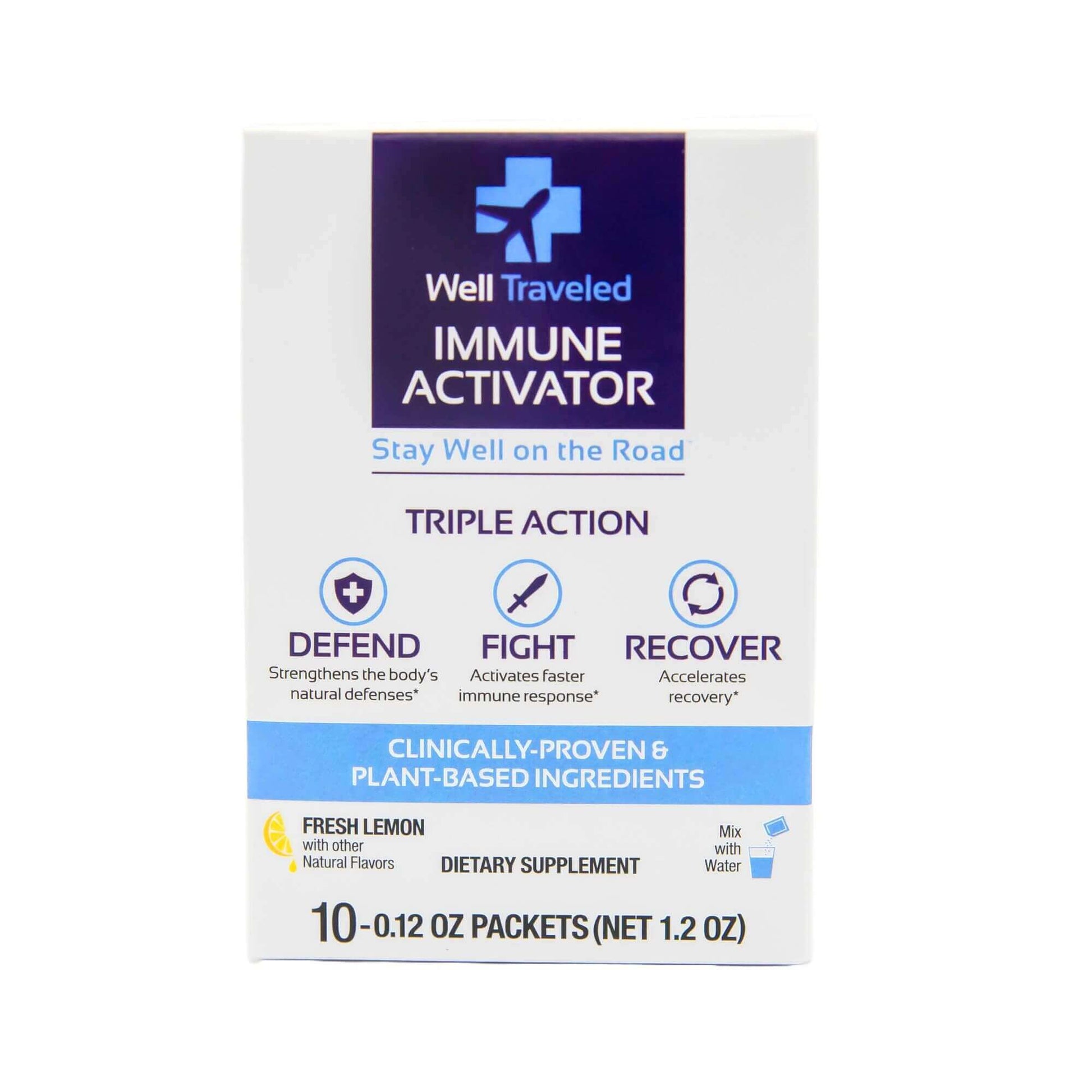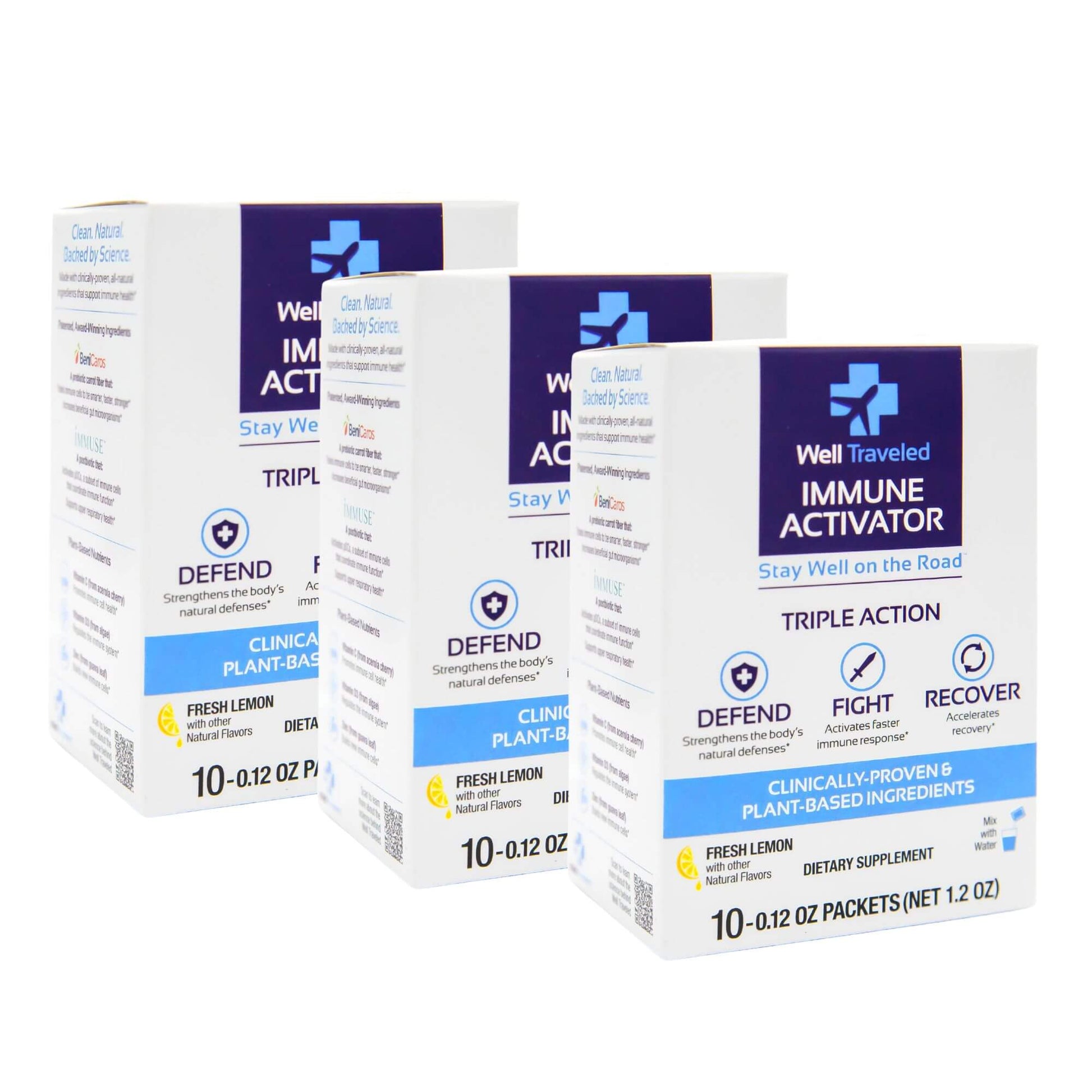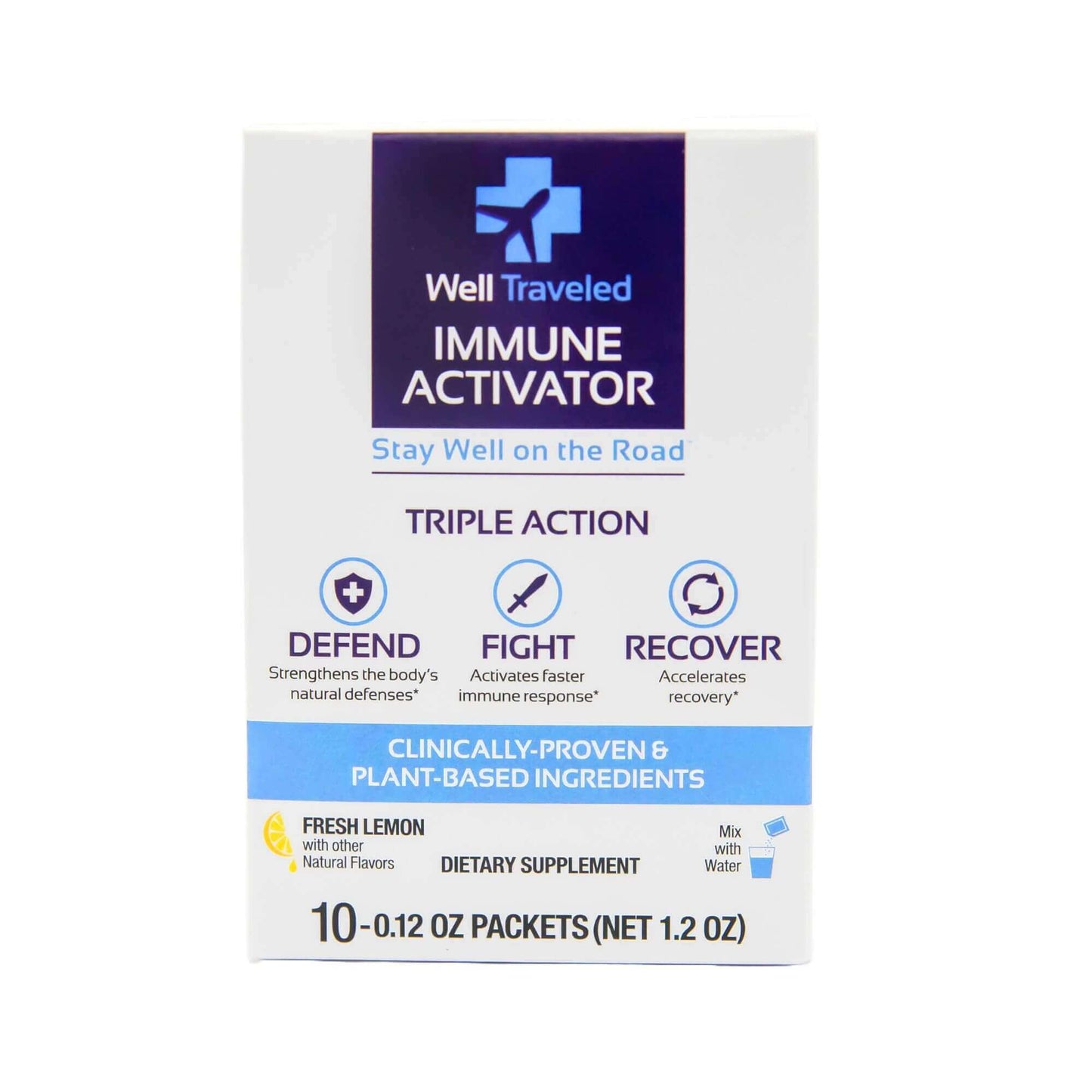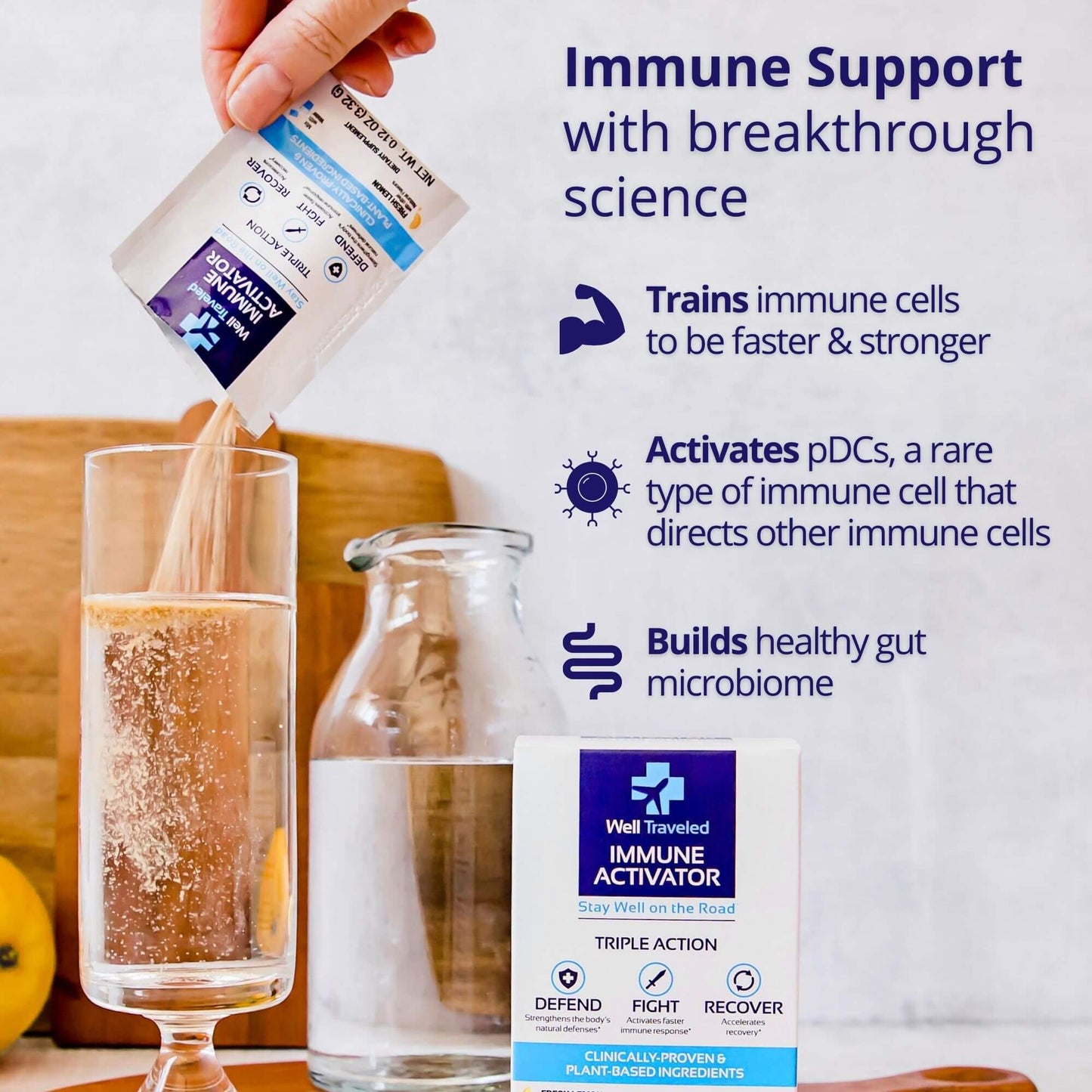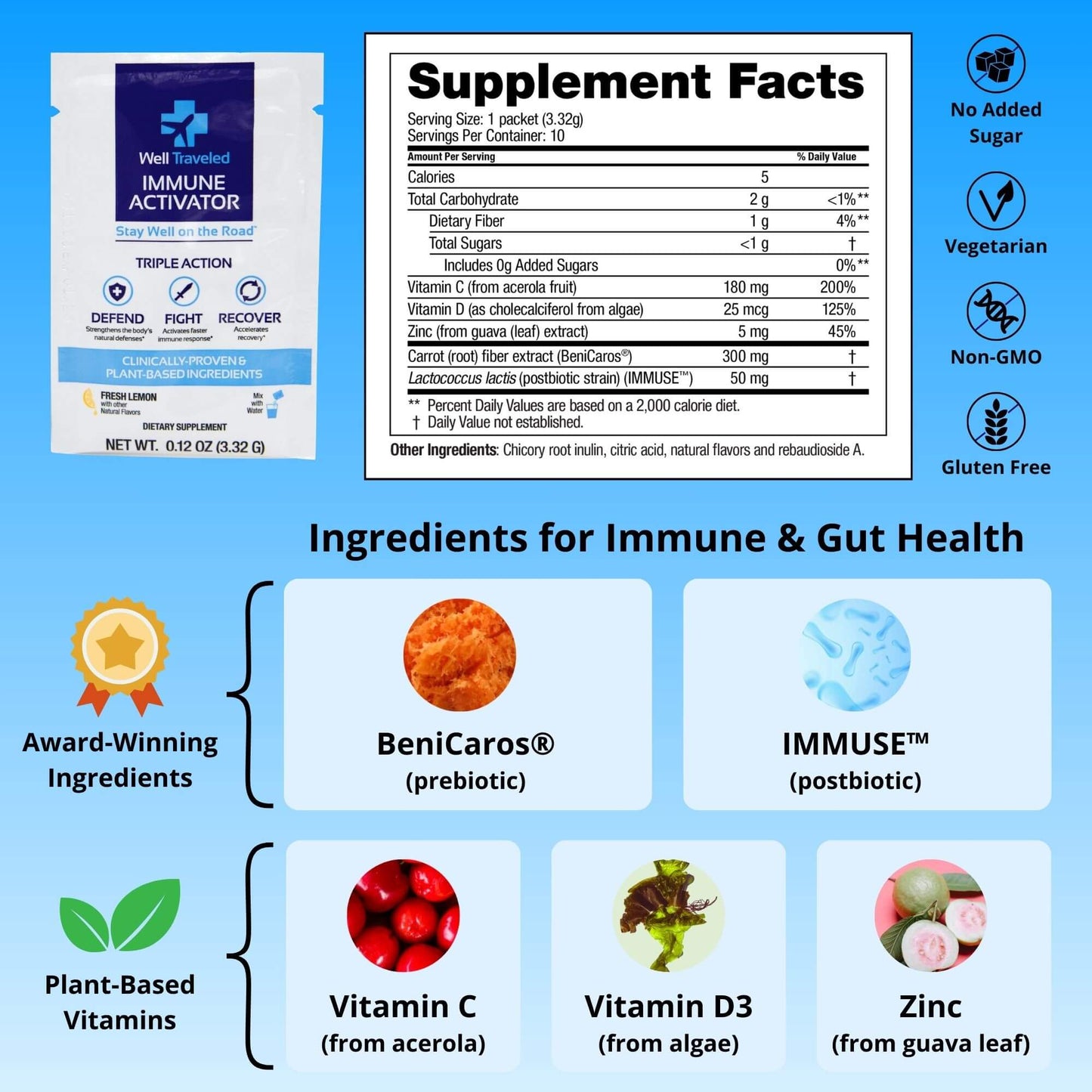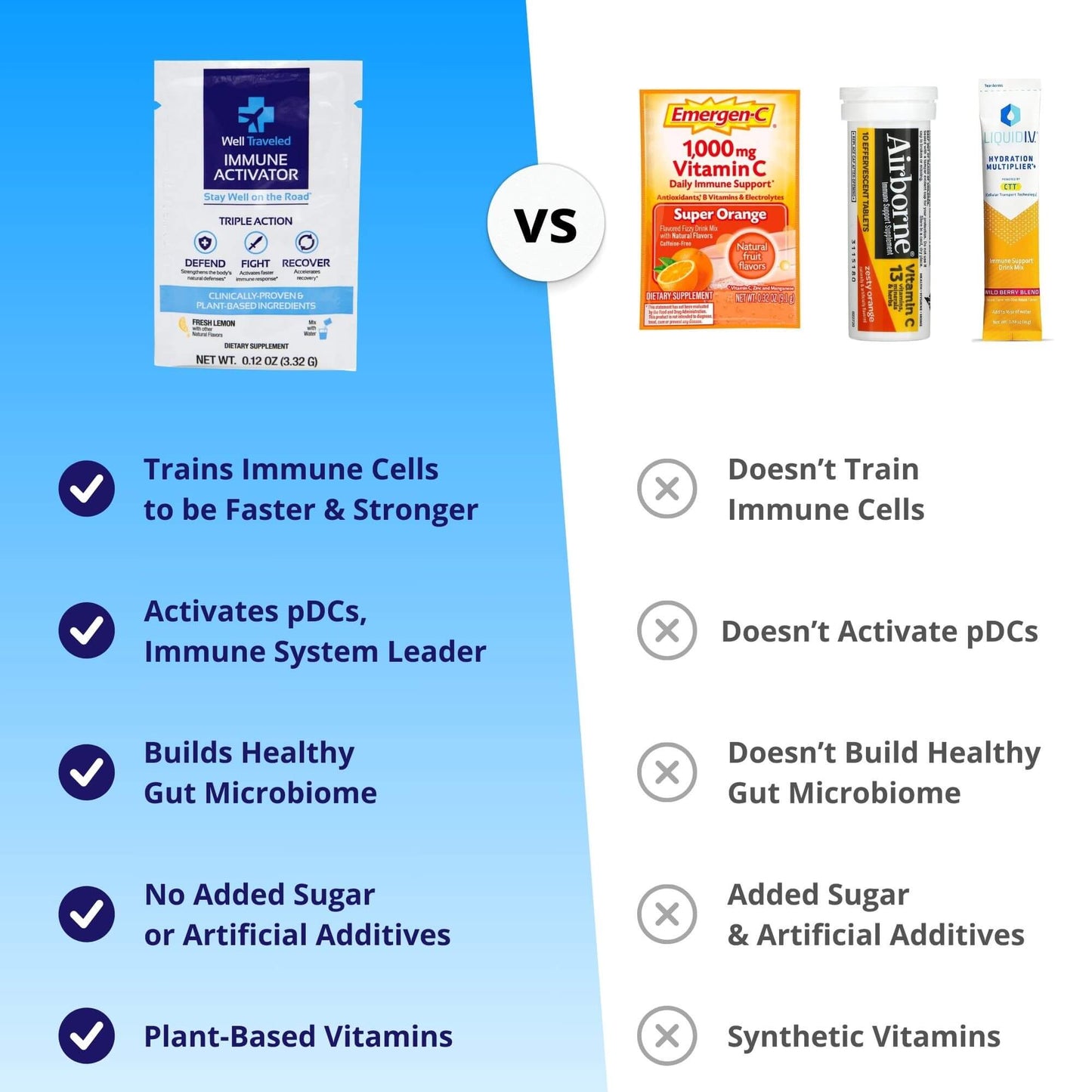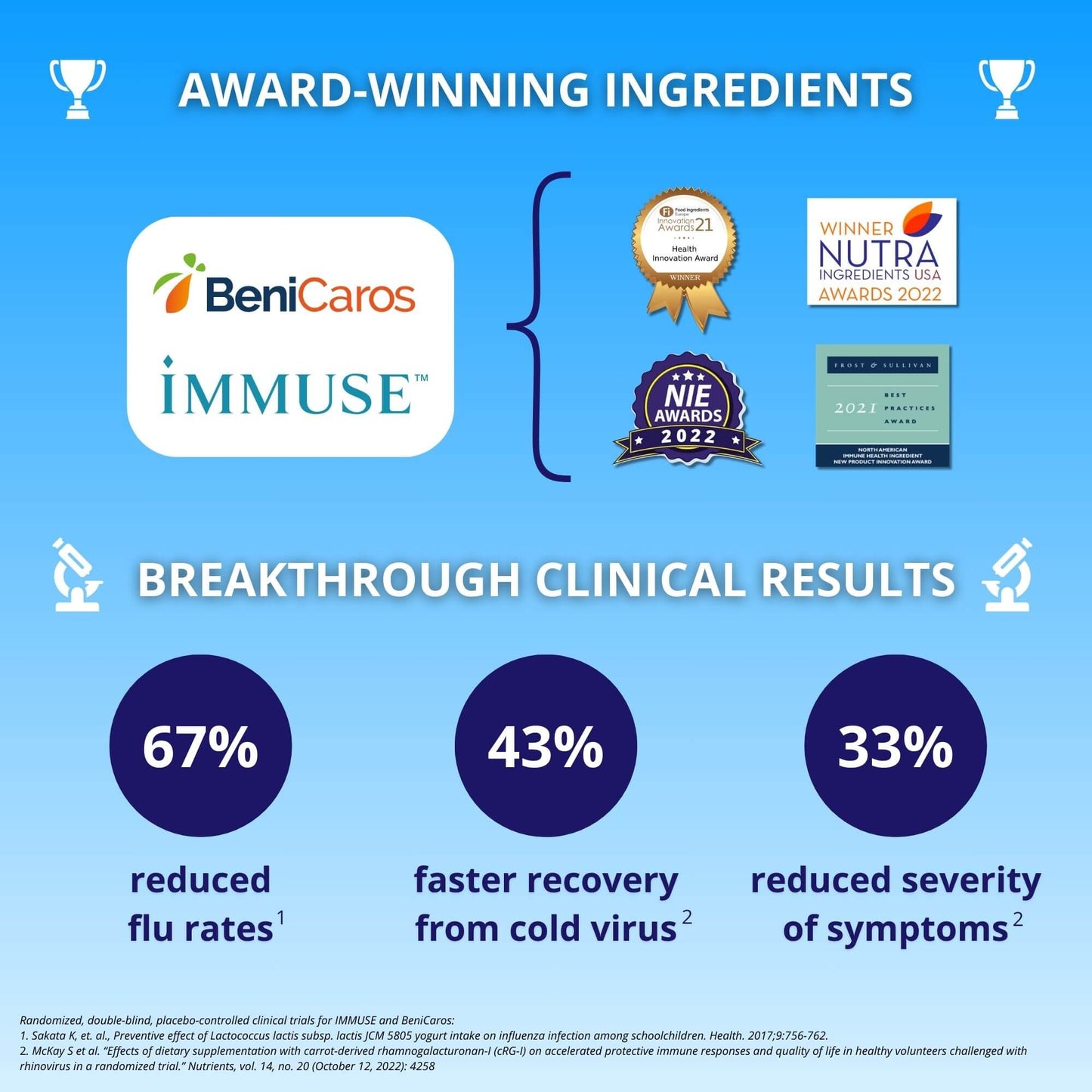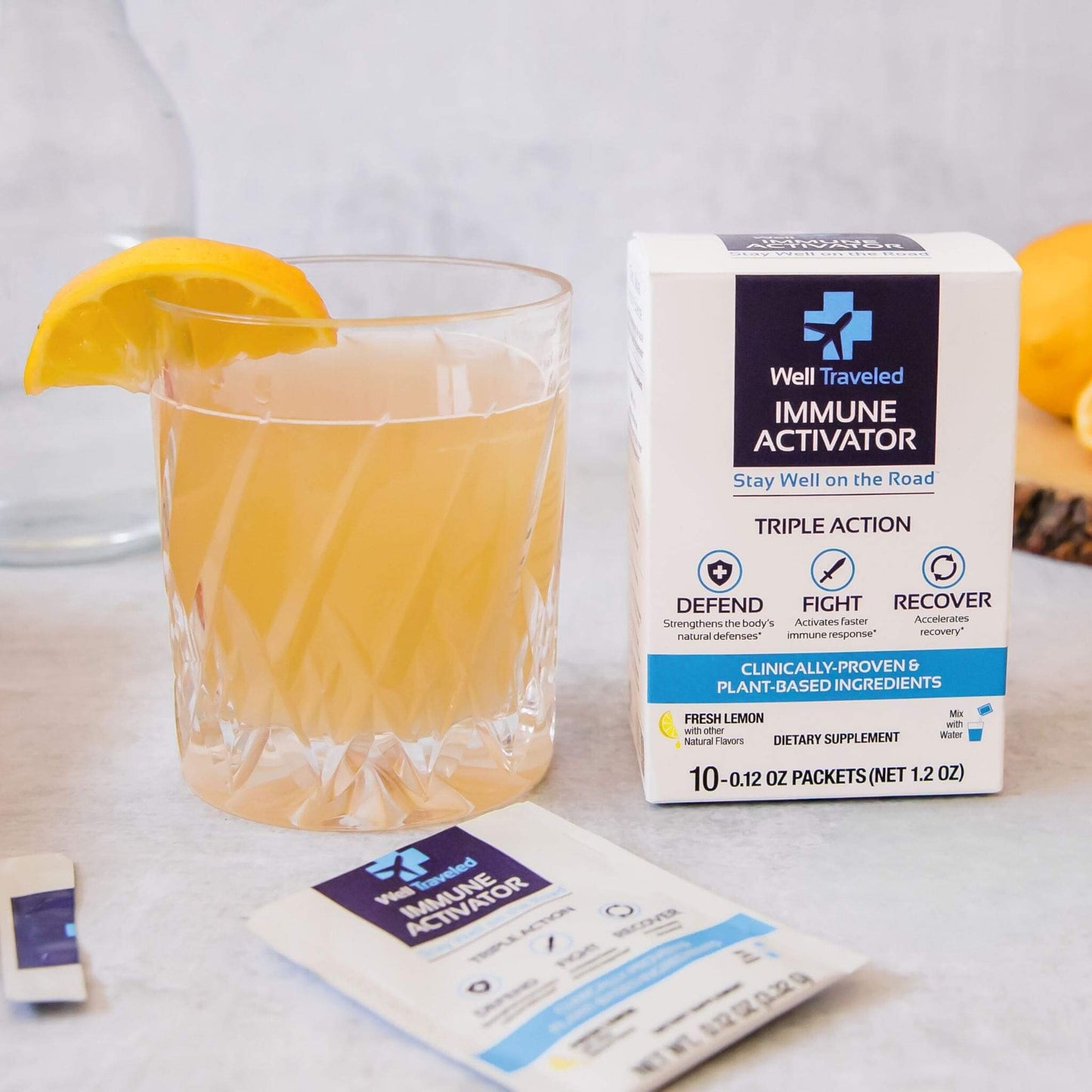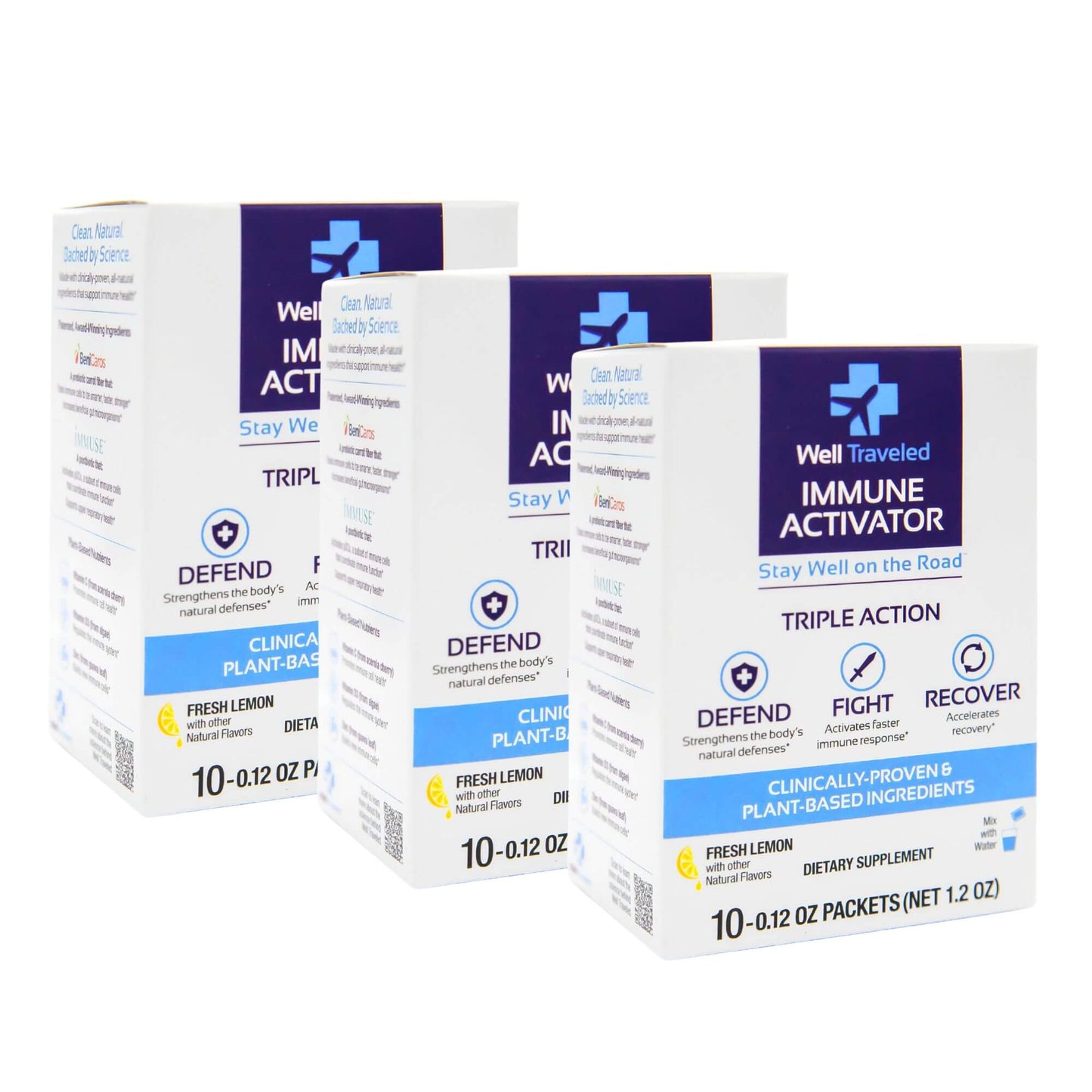Vitamins come in two forms: natural (from whole foods) and synthetic (man-made).
In this post, we'll explore the difference between natural and synthetic vitamins and why natural vitamins are better for our health.
Vitamins are essential for our health. They play a critical role in maintaining our immune system, regulating our metabolism, and supporting our overall wellbeing. Vitamins can be obtained from various sources, including food, supplements, and fortified foods. However, not all vitamins are created equal.
What are Natural Vitamins?
Natural vitamins are vitamins that are derived from whole foods, such as fruits, vegetables, and herbs. They are complex compounds that are naturally occurring in food, not synthesized in a laboratory. The human body recognizes these vitamins as food and can easily absorb and use them.
If a vitamin used in a product is derived from whole foods, the source food will be listed in the Supplement Facts. For example: "Vitamin C (from acerola cherry)."
What are Synthetic Vitamins?
Synthetic vitamins are vitamins artificially made in a laboratory, often using petroleum, GMOs, and other chemicals. Synthetic vitamins are chemically identical to the vitamins found in whole foods but they do not come with the same co-factors and enzymes that aid in absorption and utilization by the body. Synthetic vitamins are isolated and fractionated, and consequently more difficult for your body to absorb and use.
For example:
- Studies show that synthetic vitamin E is absorbed half as efficiently as natural vitamin E. That means you need to take twice as much of the synthetic form as the natural form to get the same benefits.
- Magnesium oxide, one of the lowest quality forms of magnesium, may have an absorption rate of as little as 4%, meaning 96% of the capsule you take is wasted and not absorbed by your body.
Unfortunately, leading immunity products use low-quality, synthetic vitamins because they're cheaper to manufacture. Vitamin C (as ascorbic acid), Vitamin B6 (as pyridoxine), Vitamin E (as d-alpha tocopherol), Zinc Sulfate, and Magnesium Oxide are highly-processed synthetic vitamins that are often used.
Why Natural Vitamins are Better for Our Health
1. More Easily Absorbed: Natural vitamins are more easily absorbed by the body than synthetic vitamins. This is because natural vitamins come with a range of co-factors and enzymes from whole foods (which synthetic vitamins lack) that aid in absorption and utilization.2. More Effective: Because natural vitamins are more easily absorbed by the body, the body is able to use them more easily and effectively, resulting in a stronger effect on your body.
3. Safer: Natural vitamins are generally safer than synthetic vitamins. Synthetic vitamins are often made from petroleum extracts and other chemicals, which may have adverse effects on the body in the long run. Synthetic vitamins also often contain a higher dosage than natural vitamins and get stored in the body until they can be processed. A buildup of chemicals the body can’t excrete is dangerous to the body and can eventually cause diseases.
Summary
Natural vitamins are better for our health than synthetic vitamins. They are more easily absorbed by the body, more effective, and safer. Try to get most of your vitamins from whole foods, and when you take a supplement for specific benefits (e.g., immune support), make sure it contains natural vitamins.
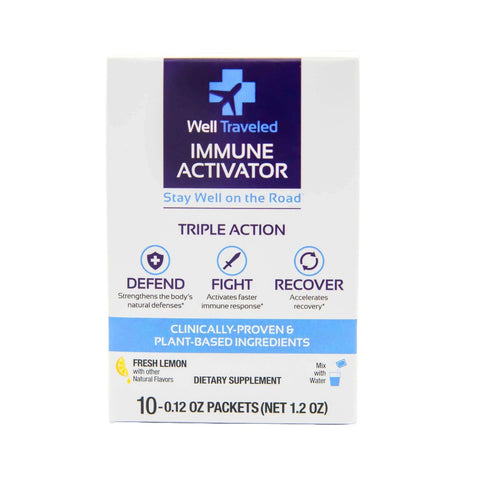
Well Traveled contains natural vitamins derived entirely from whole foods:
- Vitamin C from acerola cherry
- Vitamin D3 from algae
- Zinc from guava leaf
We're proud to be carried by retailers like Purposer.com which share our commitment to products that are made with clean and natural ingredients.
Sources:
https://nutrigold.com/pages/synthetics
https://www.healthline.com/nutrition/synthetic-vs-natural-nutrients
https://sunwarrior.com/blogs/health-hub/whole-food-vitamins-vs-synthetic-vitamins-the-difference-may-astonish-you
https://us.one.organic/blogs/article/natural-vs-synthetic-vitamins-whats-the-difference


